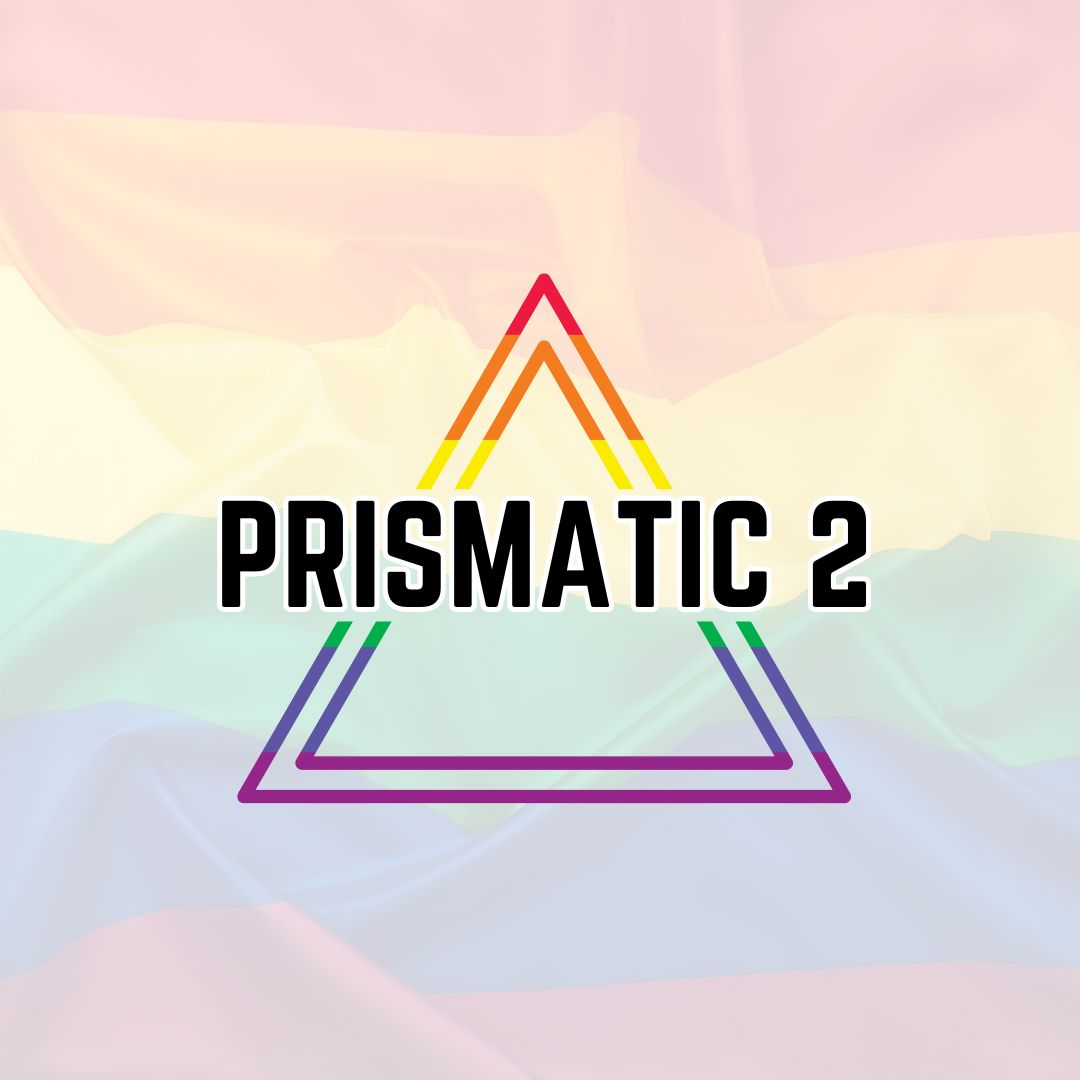
Conducting STEM (science, technology, engineering, and mathematics) education research with human participants comes with numerous ethical considerations, from research design and confidentiality to participant recruitment, data collection and analysis, and propagation of findings. Although some ethics training is available, many STEM and STEM education researchers, along with their associated professional societies, typically have little to no training related to ethical and responsible research involving LGBTQIA+ participants.
The PRISMATIC 2 Incubation Project is working to change that with support from the National Science Foundation (NSF).
The long-term goal of PRISMATIC 2 is to foster ethical and responsible research involving LGBTQIA+ participants in STEM. The project, recently awarded funding through NSF's Ethical and Responsible Research (ER2) program, takes a collaborative approach by engaging STEM education researchers, professional societies, and Institutional Review Board personnel.
Principal Investigator of PRISMATIC 2 Wendy Smith commented, "I'm really excited for PRISMATIC 2 to be funded. Research ethics related to sexual orientation and gender identity are critically important but typically not included in researcher training in STEM fields. The harm being done is real; educating researchers about research ethics is a step in the direction of more ethical research practices. Partnering with folks on Institutional Review Boards is an important stage in scaling our PRISMATIC work to a larger audience."
PRISMATIC 2 will build on the successes of the first PRISMATIC conference grant, which sought to understand the current landscape of ethical and responsible research practices when working with LGBTQIA+ human subjects in the context of STEM environments. The newly funded project will develop a community of practice that bridges gaps between STEM education researchers and Institutional Review Board offices.
"We will be building on the findings and resources generated from our original PRISMATIC grant to create materials others can use to educate themselves and conduct their own local workshops on research ethics," Smith said.
The project will leverage expertise from a wide range of stakeholders, including Out in STEM and the American Educational Research Association, to co-design research frameworks that prioritize diversity, equity, and inclusion in STEM research. In addition to building a robust network of collaborators, PRISMATIC 2 will mentor STEM education graduate students and postdoctoral scholars, increasing diversity and inclusion in the next generation of STEM professionals.
To learn more about PRISMATIC training materials and resources, check out the website at scimath.unl.edu/prismatic.